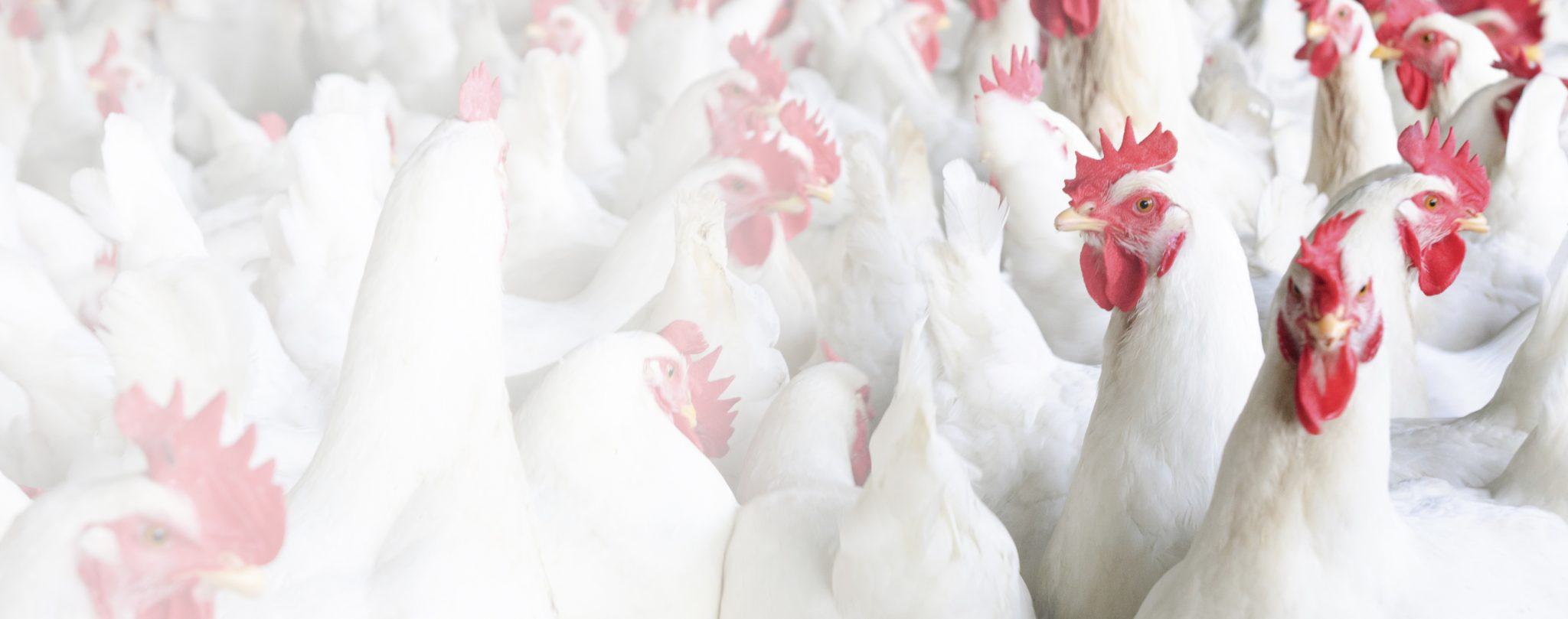Poultry in Alabama generates more than $15 billion in revenue each year. Poultry farming accounts for 65.6% of annual farming revenue in the state and employs more than 86,000 workers on farms, and in processing plants and allied industries.
Poultry and egg production in Alabama is a bigger business than cattle, horses, corn, cotton, soybeans, tomatoes, sweet potatoes, sheep, wheat, rye, oats, etc. combined. In fact, it is almost two to one in favor of the poultry business. Despite this, getting into the commercial poultry industry can be an overwhelming undertaking. Like most businesses, poultry farming includes a large amount of capital, patience and a lot of hard work.
Ken Macklin is a poultry specialist with the Alabama Cooperative Extension Service.
“Being a poultry farmer and getting into the industry seems like a good way to make money,” said Macklin. “However, like a lot of things in life, it is not for the faint of heart.”
Macklin is also a professor of poultry science at Auburn University.
Macklin said that there are three areas in the poultry industry: integrators, growers (farmers) and allied industries. Each area has its own unique job, ultimately providing people with a tasty piece of fried chicken on the dinner table.
The integrators are the large corporations that own the hatcheries, processing plants, feed mills, transport trucks and, in the end, the birds themselves.
The farmers are the growers. Typically, they are on contract with the integrator and own the poultry houses and land. They incur the day-to-day costs of raising birds, such as time, utilities, and labor. The integrators work as investors by providing the feed and the birds, giving the farmer the resources necessary for poultry production.
Allied industries provide support from external resources like animal pharmaceutical companies, commodity traders and independent contractors that provide poultry house clean-up and setup services for growers, just to name a few.
According to Macklin, the first objective for anyone joining the poultry farming industry is answering the question of whether the person is okay with being their own boss. All the labor and labor costs of raising the birds are the responsibility of the farmer, who also provides plenty of startup capital.
Growers are only able to take vacations while there are not any birds present in their poultry houses. Even though at times there is not any stock inside these facilities, the farmer still needs to make sure they are current on preventative maintenance.
“In other words, being a grower is more than a full-time job," Macklin said. "It is hard to make a lot of money, especially when starting. The same idea goes for the allied companies. The plan might be good, but to inform people of your company’s services, it will take time and hard work. This profession typically translates to not much free time."
Macklin encouraged people to do their research on the poultry industry before starting their own operation. A few starting points include locating your local allied industries and understanding who they are and what services they provide, inquiring about other professionals’ thoughts on the business and having a backup plan.
Contingencies are fundamental these days when beginning any business, so always have a backup plan. People do not want to be caught off-guard and force a solution to a problem, especially after working long hours during the day. Surprise obstacles also come at a premium, and that cost can put a damper on functionality and morale.
There are some tools in the modern era that help poultry farmers diagnose issues and, sometimes, autonomously fix themselves. Each house is monitored by a computer that will notify the farmer if something is out of place (e.g., a broken water or feed line). Additionally, each poultry house is connected to a backup generator. If the power fails, more than likely every bird in the house would succumb to the accumulation of unvented heat and carbon dioxide.
Macklin said that the number one obstacle that inhibits poultry growers is fronting capital. Being a grower is expensive. As with any large financial decision, people must adequately plan before starting a commercial poultry business.
For more information about poultry farming, visit the Alabama Extension website at www.aces.edu
Alabama farmers raise 1,200,900,000 chickens for the commercial meat market each year.









